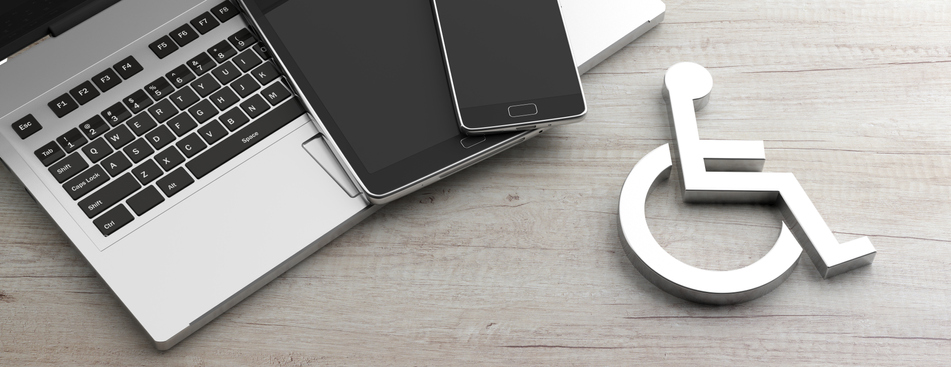Living with Chronic Pain
Communication About Chronic Pain in the Workplace

Chronic pain conditions can have a negative impact on an individual’s career. Work days may be missed due to increased pain levels or physician appointments. Extra breaks may be needed, or employees may request to work from home. Production at work may decrease and stress may increase. Talking with supervisors and colleagues about a chronic pain condition may be uncomfortable or overwhelming for some individuals.
Developing a strategy to effectively communicate with managers and colleagues about chronic pain conditions may actually reduce pain levels. Communication in the workplace concerning chronic pain involves various factors.
Acknowledgment of pain
Financial obligations can cause individuals to dismiss their pain while at work; however, productivity often declines when pain symptoms are ignored. This may cause co-workers to wonder why the individual is less productive or frequently missing work. When an employee explains their chronic pain condition to supervisors and/or co-workers, tension in the workplace often decreases.
Privacy rights
Individuals with a chronic pain condition are protected under the Americans with Disabilities Act. Information shared between an employee and their human resource department or supervisors is confidential, and individuals with chronic pain are not required to share details of their condition. However, documentation from a health care professional that explains their diagnosis and any limitations may be required.
Effective communication
Requesting accommodations for increased productivity is important. Communication about accommodations with a supervisor or human resources department should be honest and straightforward without an air of entitlement. A positive, non-demanding tone of voice should be used. While it is a personal decision whether to share a chronic pain condition with co-workers, individuals may ease tension in the workplace by simply stating that they have a condition that causes a lot of pain. The proper balance of discretion and open communication is often complicated.
Accommodations
Proof of disability from a health care professional may be required by an employer when specific accommodations are requested. Employers need their employees to be productive; therefore, if accommodations will increase productivity, they should be requested. It is often helpful to begin with simple accommodations first, such as changing flight arrival or departure times; more significant requests can be made after a supervisor is made aware of the importance of accommodations. However, an employee should not attempt to perform any duties that could be harmful to their health. Individuals should note that employers are not required to make all accommodations that are requested. The Americans with Disability Act provides provisions to protect employers from “undue hardship” that may arise from accommodation requests.
Employee-assistance programs
Some employers and unions have employee-assistance programs that offer counseling. A counselor can recommend evidence-based treatments to reduce pain symptoms and suggest tools to increase work productivity.
Daily tips
Individuals should take a break and stretch every hour if their job requires sitting at a desk for several hours at a time. Gentle exercising or walking can be done during the lunch hour to avoid stiffness.


















